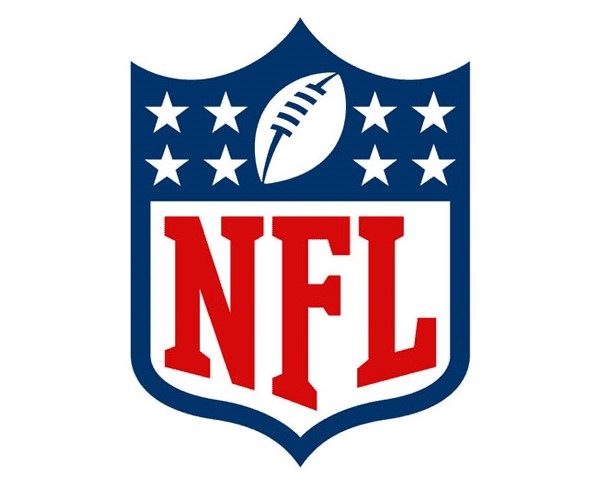
“Arbitrary and discriminatory”
WASHINGTON – In a letter to the Canadian Ambassador to the United States, the National Football League has taken the unusual step of asking the federal government, through its top diplomat in the U.S., to prevent the CRTC order suspending simultaneous substitution of the Super Bowl broadcast, from coming into effect.
Banning simultaneous substitution of the Super Bowl, annually the most-watched single TV show in Canada, was announced in January of 2015 as one of the first decisions to come out of the CRTC’s Let’s Talk TV process. Every year, some Canadians complain to the CRTC that they can not watch the American advertisements that are made special for the big game and the CRTC ruled that the ads are integral to the broadcast and so simsub had to go for that one show. The order takes effect for this season’s game, set for February 5th, 2017.
Of course, anyone with an OTA antenna within range of a border station can view the U.S. signal uninterrupted, and anyone with an internet connection can now see any and all ads, on demand, often in advance of the game. The overall simsub regime is remaining in place.
Simsub has been practiced for over 40 years by the Canadian TV industry as a way to protect programming copyrights purchased by Canadian television companies wishing to air U.S. shows here. As long as the program airs at the same time, conventional broadcasters can have their signal substituted by Canadian cable, satellite or IPTV carriers in place of the U.S. broadcast signal. It allows the Canadian broadcaster to monetize 100% of the viewing done over Canadian BDUs and the practice has generated billions in revenue for Canadian broadcasters over the decades, leading to the bankrolling of tons of Canadian content.
Bell Media’s contract with the NFL for the game runs through the 2018-19 season and the company maintains the loss of simsub for the Super Bowl over the life of its remaining contract will cost it $80 million. Besides Bell and the NFL, Canadian advertisers have also come out strongly against the decision.
The originating broadcaster of this season’s game, Fox, is also known to be angry with the decision as its signal will be transmitted far and wide in Canada, but it will gain no additional revenue from it. Sources told Cartt.ca it explored ways of blacking out the game in Canada, at least on pay-TV carriers, but Canadian carriers would not be allowed to do so under Canadian laws.
Going forward, if the decision is allowed to stand, the NFL stands to lose many millions as no broadcaster will pay for the rights to a program in Canada which is available free on other channels, making it very hard to monetize.
The NFL’s November 23rd letter to Ambassador David MacNaughton calls out the Commission’s decision to single out “one, and only one, copyrighted program” as “arbitrary and discriminatory.”
“For years, NFL games have been televised in Canada in accordance with the long-standing and industry-wide policy referred to as simultaneous substitution. Simultaneous substitution has constituted the ‘rules of the road’ in Canada for more than 40 years, and the NFL has negotiated licensing agreements with its Canadian broadcast partners and built a successful business model in Canada around this policy,” adds the letter by David Thomson, managing director of NFL Canada.
The letter notes the lost ad revenue will impact industry jobs, hurting everyone from performers in Canadian ads all the way up through the chain, saying “the economic consequences will be significant.” Canadian advertisers also lose access to the biggest TV show of the year, and the order, if left to stand, may well affect the NFL’s investments in the Canadian marketplace, too, it reads.
“The CRTC's arbitrary decision to single out for disparate treatment one U.S.-copyrighted program contained within a broader licensing agreement was without proper notice, comment or evaluation,” it continues. “This decision interferes in the contractual rights between a U.S. company and a Canadian company, severely reduces the value of NFL programming, and deprives the NFL's Canadian licensee of a significant benefit that derives from its Super Bowl license – the ability to sell its own Super Bowl ads – a benefit that remains available for all content other than the Super Bowl.”
Finally, the letter chides the CRTC for violating the copyright provisions of the North American Free Trade Agreement.
Bell and the NFL have fought the decision – and the order which came 19 months after the announcement of the decision – from the beginning. While the most recent court decision, November 2nd from the Federal Court of Appeal, said the appeal of the order can be heard, the court would not allow a stay to be applied, meaning that unless there is some high level political intervention, Super Bowl LI will not be sim-subbed because the court can not hear an appeal in that amount of time.


